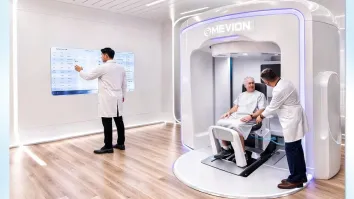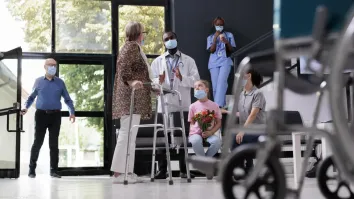
What are the barriers to the clinical laboratory services markets growth?
A shortage of skilled professionals poses one challenge that requires action.
The global clinical laboratory services market is poised to rise by $172.4b at a notable compound annual growth rate (CAGR) of 10.87% due to an increasing geriatric population. However, certain challenges impeding further growth need to be addressed.
A report by Technavio revealed that one market barrier is the shortage of skilled professionals, in which up to 70% of medical decisions regarding hospital admissions, discharge, diagnosis, and treatment are influenced by such workers.
“A significant number of medical professionals and laboratory technicians lack proficiency in utilizing advanced diagnostic technology. This knowledge gap increases the likelihood of incorrect diagnoses,” the report said.
To address this gap, the study emphasised the need to educate laboratory staff to help them adapt to the use of critical diagnostic devices.
Meanwhile, pricing pressures serve as another challenge to the global market.
Technological advancements in diagnostics, including real-time polymerase chain reaction (PCR) and Peptide Nucleic Acid-Fluorescence In Situ Hybridization (PNA-FISH), are outsourced due to high costs and the need for expensive equipment.
However, the presence of hospital-based clinical laboratories has contributed to reduced turnaround times, costs, and manpower.
“Collaborations between hospitals and clinical laboratories provide a range of services, from consultative support to high-end solutions,” the report added.
Moreover, these partnerships also offer courier support, sample transport, laboratory efficiency audits, quality improvement programmes, staffing, and hospital outreach testing.



















 Advertise
Advertise






